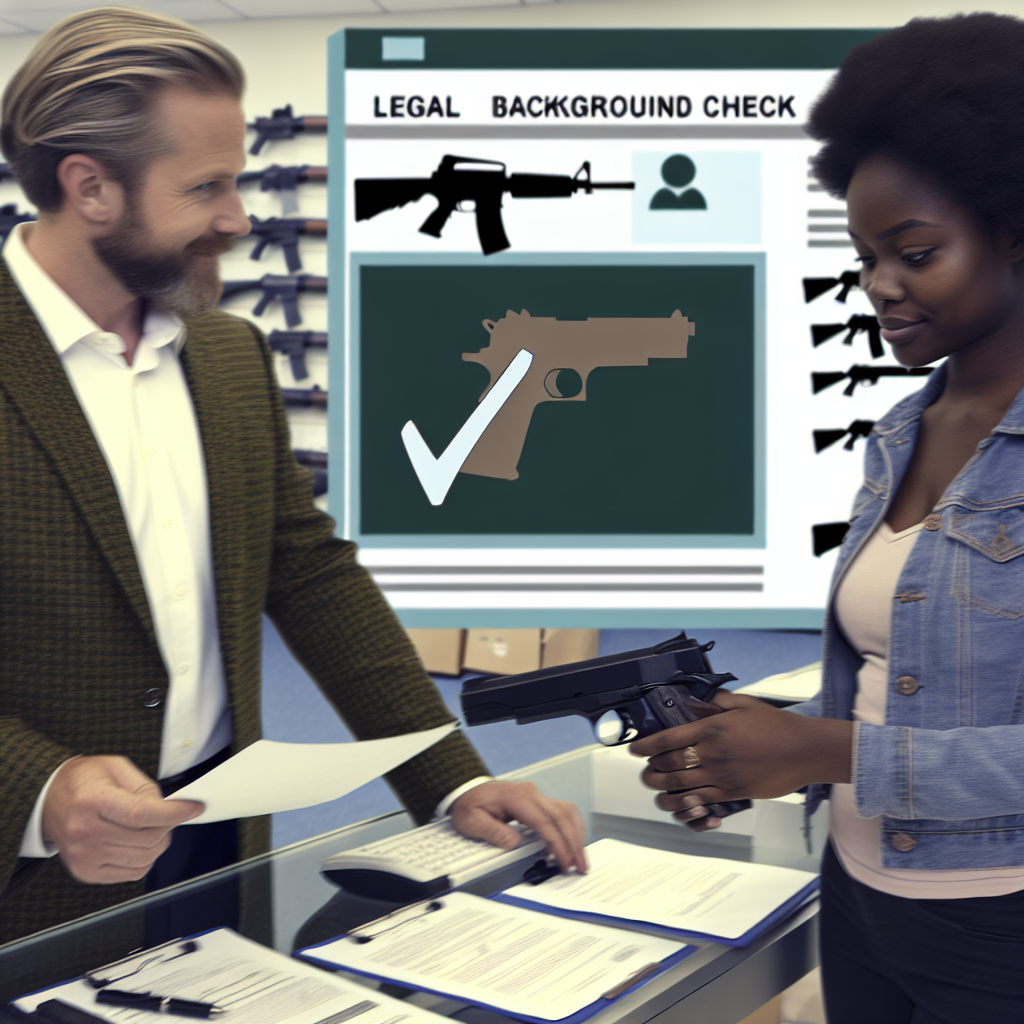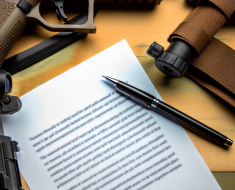What Gun Owners Need to Know About Background Check Changes

The landscape of gun ownership in the United States is continually evolving, especially when it comes to regulations surrounding background checks. Recent legislative changes and proposed reforms have significant implications for current and prospective gun owners. Understanding these changes is crucial not only for legal compliance but also for safeguarding personal rights and public safety.
This article delves into the key background check changes, exploring what they mean for gun owners, how the processes have shifted, and what you can expect moving forward.
The Evolution of Background Checks: A Historical Perspective
Background checks have been a central element of gun control policy in the U.S. since the Brady Handgun Violence Prevention Act was signed into law in 1993. This act mandated federal background checks on firearm purchasers in the United States and established the National Instant Criminal Background Check System (NICS), managed by the FBI.
Since then, several developments have shaped how background checks are conducted:
- Expansion of NICS: Initially limited to federally licensed firearm dealers, NICS has expanded to include checks for private sales in some states.
- State-Level Initiatives: States like California, New York, and Washington have implemented their own background check requirements that often go beyond federal mandates.
- Technological Advancements: Improvements in data collection and processing have streamlined background checks but also raised concerns about data privacy and accuracy.
Understanding these historical shifts helps contextualize why recent changes are both necessary and controversial.
Key Changes in Background Check Laws: What’s New?
The most recent wave of background check reforms has been driven by a combination of high-profile mass shootings, public demand for safer communities, and bipartisan legislative efforts. Some of the key changes include:
- Expanded Universal Background Checks: Several states and federal proposals aim to close loopholes by requiring background checks on all gun sales, including private transactions and gun shows.
- Enhanced Reporting Requirements: There is an increased emphasis on ensuring that mental health records, domestic violence restraining orders, and criminal histories are promptly reported to NICS databases.
- Waiting Periods Linked to Background Checks: Some jurisdictions now impose mandatory waiting periods while background checks are completed to prevent impulsive acts of violence.
- Red Flag Laws Integration: Enhanced coordination between background check systems and “red flag” laws allows temporary removal of firearms from individuals deemed a threat.
For example, the Bipartisan Safer Communities Act passed in 2022 includes provisions that incentivize states to improve reporting to NICS and fund mental health services aimed at preventing gun violence. These laws reflect a growing trend toward more comprehensive background screening processes.
How These Changes Impact Gun Owners
The evolving background check landscape affects gun owners in multiple ways—both practical and legal. Here’s what current and prospective owners should be aware of:
- More Comprehensive Screening: Expect more detailed scrutiny during purchases. This includes more thorough reviews of criminal records, mental health history, and other disqualifying factors.
- Longer Processing Times: Expanded databases and reporting requirements may increase the time it takes to complete a background check. Patience is essential as delays become more common in some areas.
- Private Sales Are No Longer Exempted: In states with universal background checks, even private sales must go through NICS or state-approved systems—failure to comply can result in penalties.
- The Role of Waiting Periods: Waiting periods tied to background checks mean that buyers cannot immediately take possession of firearms after purchase approval.
- An Increased Emphasis on Record Accuracy: Gun owners should regularly verify that their criminal or mental health records are accurate to avoid wrongful denials during background checks.
A case study from Colorado illustrates this well: after expanding universal background checks in 2013, the state saw a reduction in firearm-related suicides among youth by approximately 40%. This highlights how stricter checks can contribute positively to public safety while affecting ownership protocols.
Navigating State vs. Federal Regulations
A significant challenge for gun owners lies in understanding the interplay between federal guidelines and varying state laws. While federal law sets baseline standards through NICS, many states implement additional requirements which can complicate compliance for residents or travelers.
- Divergent State Policies: For instance, California requires all firearms transfers—including private sales—to be processed through licensed dealers with mandatory waiting periods, whereas states like Texas primarily follow federal regulations without additional universal checks.
- NICS Denial Appeals Process: Both federal and state systems provide mechanisms for individuals wrongly denied a firearm purchase due to inaccurate records or errors; understanding these processes is critical.
- Cross-State Transfers: When purchasing firearms across state lines (e.g., through licensed dealers), compliance with both originating and receiving state laws plus federal rules is necessary.
This regulatory patchwork means gun owners must stay informed about local laws especially if they travel frequently or buy firearms outside their home state. Ignorance of these differences can lead to inadvertent violations with serious legal consequences.








